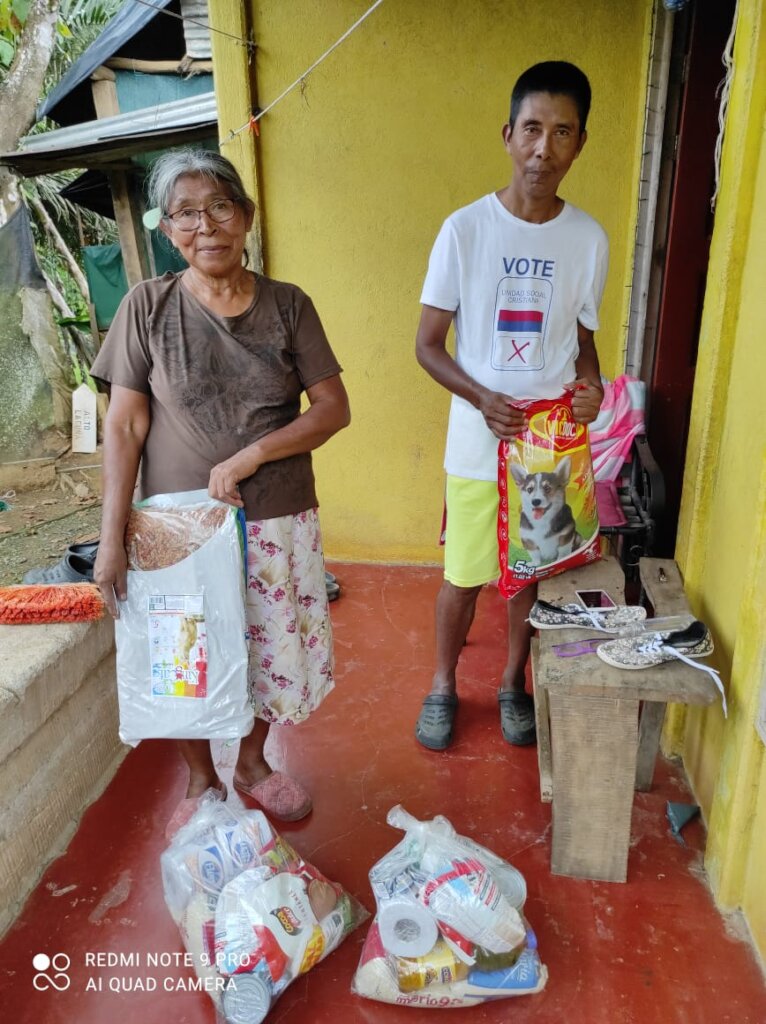By Alejandra Monge/ Bill Callejas | Directors
Protecting the Osa is always about protecting its most vulnerable lifeforms.
Sometimes that includes people.
Humans have been part of the Osa Peninsula’s ecosystem for over six millennia, so it has evolved into one inter-dependent ecosystem. And when any life form suffers, humans included, the entire ecosystem experiences increased pressure and depredation. As advocates for environmental protection, restoration, and sustainability across Costa Rica, the Corcovado Foundation looks to reduce the suffering and its consequences.
Like much of the country, people across the Osa depend on tourism. When Costa Rica closed its borders in 2020, Drake Bay, the gateway to Corcovado National Park, and home to the Corcovado Foundation, became one of the hardest-hit communities in the country. Almost 95% of the families in and around Drake Bay found themselves unemployed, many without any income at all.
There were many gloomy stories coming to us, families in extreme financial distress, grandparents that have been forgotten under the crisis; dogs, and cats left abandoned because families could no longer feed them. We could not sit with our arms crossed to wait for things to get better. So, we came up with ideas, and one was food distribution.
We’d been distributing food since the beginning of the Pandemic, delivering some love and dignity in the shape of a bag of food to help with some of the basic needs of people living on the edge. That is how we met the Mendoza family. But we realized after meeting them that contrary to what we thought, this mother and her child had been struggling to make ends meet years before the pandemic.
The Mendozas are members of the Gnobe indigenous community. Mrs. Mendoza, a single mother, faced serious challenges, including caring for her boy on her own, a boy with a mental disability. Having lost her income from local tourism, she found herself unable to survive on the less than 90 dollars per month in government support.
Also, the boy’s disability forced them to live in a predominantly non-indigenous community to be close to medical services. Their isolation, lack of a support network, barely able to speak Spanish, and the demands of taking care of her son, make it even harder for her to get a job.
You and other wonderful people heard us, opened your hearts, and came to the rescue too. Your support made it possible for us to locate so many older adults forgotten by the world and bring them a package of food and cleaning supplies so that they could live with some dignity. We also brought food for their pets.
Since the beginning of the Pandemic, Corcovado staff and volunteers have delivered food 21 times for a total of 1,020 packages. The gratitude and relief the families express every time our team shows up is a massive reward for us. We want to share that gratitude with you for supporting these efforts with so much commitment. I hope that wherever you are reading this report, you can feel the reward of helping those in need.
Project reports on GlobalGiving are posted directly to globalgiving.org by Project Leaders as they are completed, generally every 3-4 months. To protect the integrity of these documents, GlobalGiving does not alter them; therefore you may find some language or formatting issues.
If you donate to this project or have donated to this project, you can receive an email when this project posts a report. You can also subscribe for reports without donating.
Support this important cause by creating a personalized fundraising page.
Start a Fundraiser